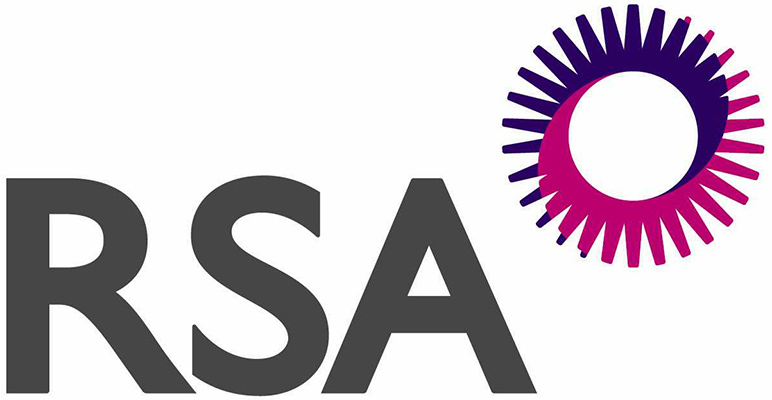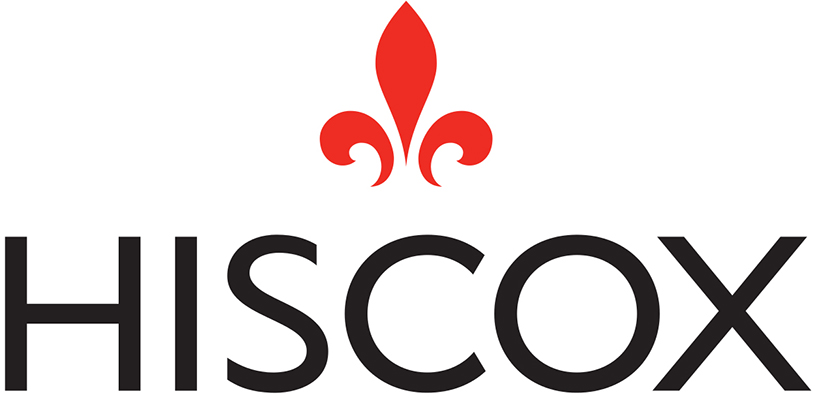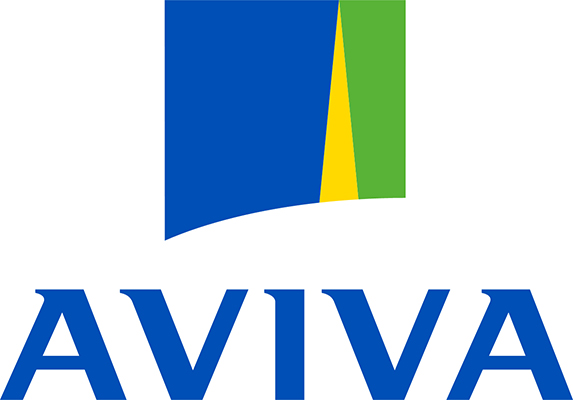What is unoccupied property landlord insurance?
Unoccupied property insurance covers residential or commercial property that is unoccupied for an extended period (30 days or more).
Landlords will often find themselves needing insurance for unoccupied property.
Get a Quote Online
Do I need unoccupied property insurance?
Reasons for an empty or vacant property include:
- A newly purchased property is awaiting first tenants.
- A rental property is in-between tenants.
- A property that is up for sale or awaiting probate.
- Student accommodation between term times.
- Empty holiday home lets in off-season periods.
- Refurbishing, renovating, redecorating, or extending a property.
- Commercial property is awaiting new business occupiers.
Homeowners may also require unoccupied property insurance if their property is:
- Empty due to an extended holiday.
- Undergoing repair or development.
- Vacant because the homeowner is in the hospital or receiving long-term care.
What does unoccupied property insurance cover?
Unoccupied property insurance can cover buildings, contents, and liabilities.
Typically, it is the buildings which are covered – including the rebuild cost (this is often compulsory where mortgage lenders are concerned). Unoccupied property insurance provides cover for the permanent fixtures and fittings of a building, such as walls, drives, patios, conservatories, gates, fences etc.
We can also arrange contents insurance for you at an extra cost, covering items like carpets, furniture, white goods, decorations, etc.
Property owners’ liability insurance is also available. This cover protects against any alleged claims of injury to third parties. For example, if a loose roof tile fell and hit a member of the public, you would have protection in place.
Speak to us about the level of cover you need, and we’ll put together the right insurance for you.
How much does empty property insurance cost?
The cost of insuring unoccupied property varies, and depends on various factors, including (but not limited to):
- The level of cover needed for buildings, contents and liabilities
- Property location
- Property size
- Type of property
- Claims history
- Security measures
Costs will vary considerably. However, if you have more than one property, you may find it cheaper to cover them on one policy rather than individually.
Security measures for your unoccupied property
You should secure your unoccupied property to ensure your insurance policy is valid.
To protect your unoccupied property against damage or theft, it is best practice to:
- Turn off any gas, water and electricity services at the mains (unless you’re using power for alarm systems).
- Activate alarm systems for fire and theft, including any smart surveillance cameras, etc.
- Activate all locks on doors, windows and accessible outbuildings.
- Ensure the temperature in the property always remains above 10°C (to avoid freezing water pipes).
- Regularly inspect the property – at least once a week – to remove letters and packages. You should also note any visible issues before they get worse (e.g. damage to roof tiles).
- Ask neighbours or trusted people to act as a back-up in noting any issues that occur.
Why choose Bollington?
- We compare policies from a range of quality insurers.
- With us, it’s a simple process, and we offer instant quotes for up to 10 properties (and quick quotes for more).
- With our exclusive landlord insurance policy, there’s no need to change your cover when your property is vacant – we’ll keep you insured on the right basis at all times.
- We’ve been insuring properties for more than 45 years – so whatever your circumstances, we have the experience to help.
Frequently Asked Questions
Does standard landlord insurance cover my empty/unoccupied property?
Because it’s riskier to insure an unoccupied property, you shouldn’t use a standard landlord insurance policy to cover any building that is empty for an extended period. There is more chance of theft or damage to the property when it’s not home to tenants. Without specialist insurance, you may find your buildings or contents policy does not cover you for damage or theft to your property. Unoccupied property insurance takes account of the increased risk of empty properties, providing the cover you need. It can also cover risks to the general public related to your property. For these reasons, getting unoccupied property insurance offers peace of mind. It also satisfies the conditions of lenders. It might be a little more expensive than standard landlord or home cover, but you pay for the greater protection it offers.How long can I leave my property unoccupied?
Any period of unoccupancy longer than 30 days will require unoccupied property insurance. Some insurers can provide cover for up to 12 months. Let us know your circumstances, and we’ll arrange the right policy for you.If I own multiple properties, can I combine them in one insurance policy?
Yes. This can help to simplify your insurance arrangements, allowing you to pay one premium to insure multiple properties. It can be difficult managing several different properties at once, so you’ll want your insurance arrangements to be both comprehensive and straightforward. Bollington offers access to a range of insurers, allowing you to add multiple properties to one policy. You will also receive access to our exclusive offering with Holava Underwriting, which means you can cover residential and commercial property in one policy. What’s more, if the property is occupied again, there’s no need to change the policy with Holava – we’ll keep you covered, while often reducing the premium cost.











